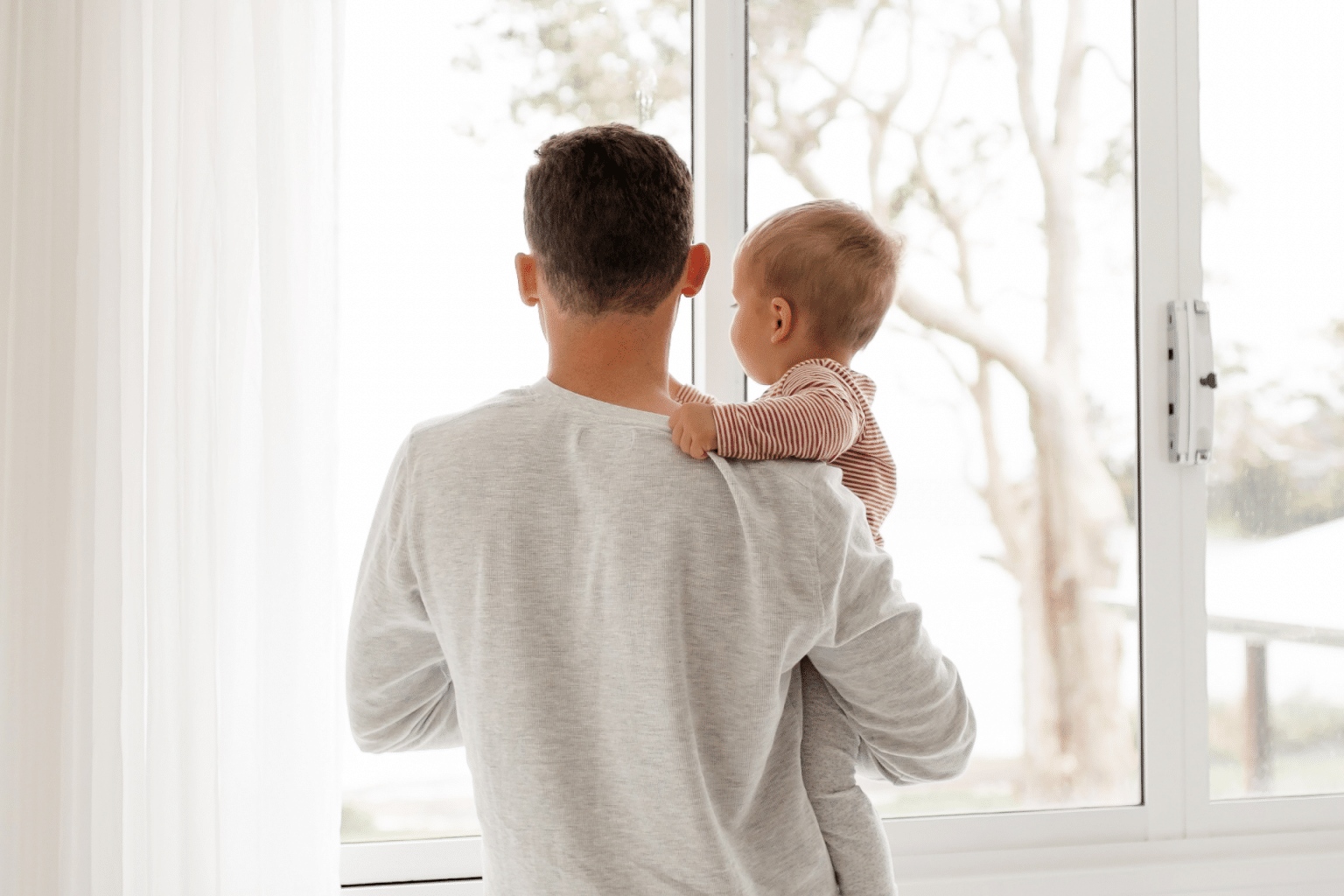Moms and dads do a lot of things differently, and bonding with baby and attachment are often the first two variables. But that’s a good thing. Hear me out. 
Not long after the birth of my second child, I took him to visit his great-grandparents. When he got fussy, as newborns inevitably do, my grandmother said—wait for it—“Oh, he needs his mom!” Sounds harmless, maybe, but what she was implying was that I was at fault for taking him away from his mom for the day. The feeling is that there are maternal bonds, mysterious perhaps, but they are there and that anyone who gets in the way of those bonds, like the hunter between the cub and the mama bear—watch out.
Certainly, there are many who believe the basic principle to be true, that there is something different about moms and babies, and that moms have more naturally assigned bonds with the baby, right out of the hopper, than men do. For one thing, they have breastfeeding, and, frankly, that alone can go a long way in cementing a relationship. But it's not the only form of bonding.
It’s a lot like the CEO and the mailroom clerk who come in after a smoke break slapping each other’s backs. That’s what frequent breaks can do. Us non-smokers simply look on, wishing we could share in that level of collegiality with the executive suite.
So it is with moms and babies. They have their milk breaks throughout the day, just to toss it around. They’re buds. First comes bonding But, there is more to the story, of course, such as this: “About half of all parents, male and female, don’t have any particular fond feelings for their babies when they’re born,” says Dr. Armin Brock. “We’re constantly fed the idea that we fall in love with our babies immediately, and most people don’t.” Good to know? I think it really is, because it’s that initial hump that knocks a lot of new dads out of their stance and it carries on from there. Dr. Nancy Cohen is a specialist in child development, director of research at the Hincks-Dellcrest Institute and a professor in the Department of Psychiatry at the University of Toronto.
She says, “Men often aren’t interested in children until they can be talking and be active. All of a sudden the baby may turn away, which can feel like a snub, when in actual fact, they probably just need a break.” All of this against a backdrop of mom and baby getting on like BFFs.
What are dads to do? “Just try to relax,” says Dr. Cohen. “You don’t have to work so hard.” Of course, part of this is the need to realize that it’s not a competition. No, dads can’t breastfeed, but we’ve got other charms, to help bond with baby.
Remember Harry Harlow’s monkey mother experiments from psychology class? He showed that baby monkeys, when given an impossible choice within a heart-wrenching set of experiments, will choose the warm furry “mom” over food. And, really, lots of guys have warm and furry pretty well wrapped up. Just saying.
“What I recommend is just hanging around,” says Dr. Cohen. “You know, having the baby in your lap or in a baby seat, and just observing the baby and responding. Babies coo, and you coo back. Babies imitate you even hours after birth, such as sticking out your tongue.”
The old saw that says it’s about quality not quantity isn’t true, at least not in any mutually exclusive way. The more time you spend together, the better—it’s that simple.
Originally published in October 2011.






